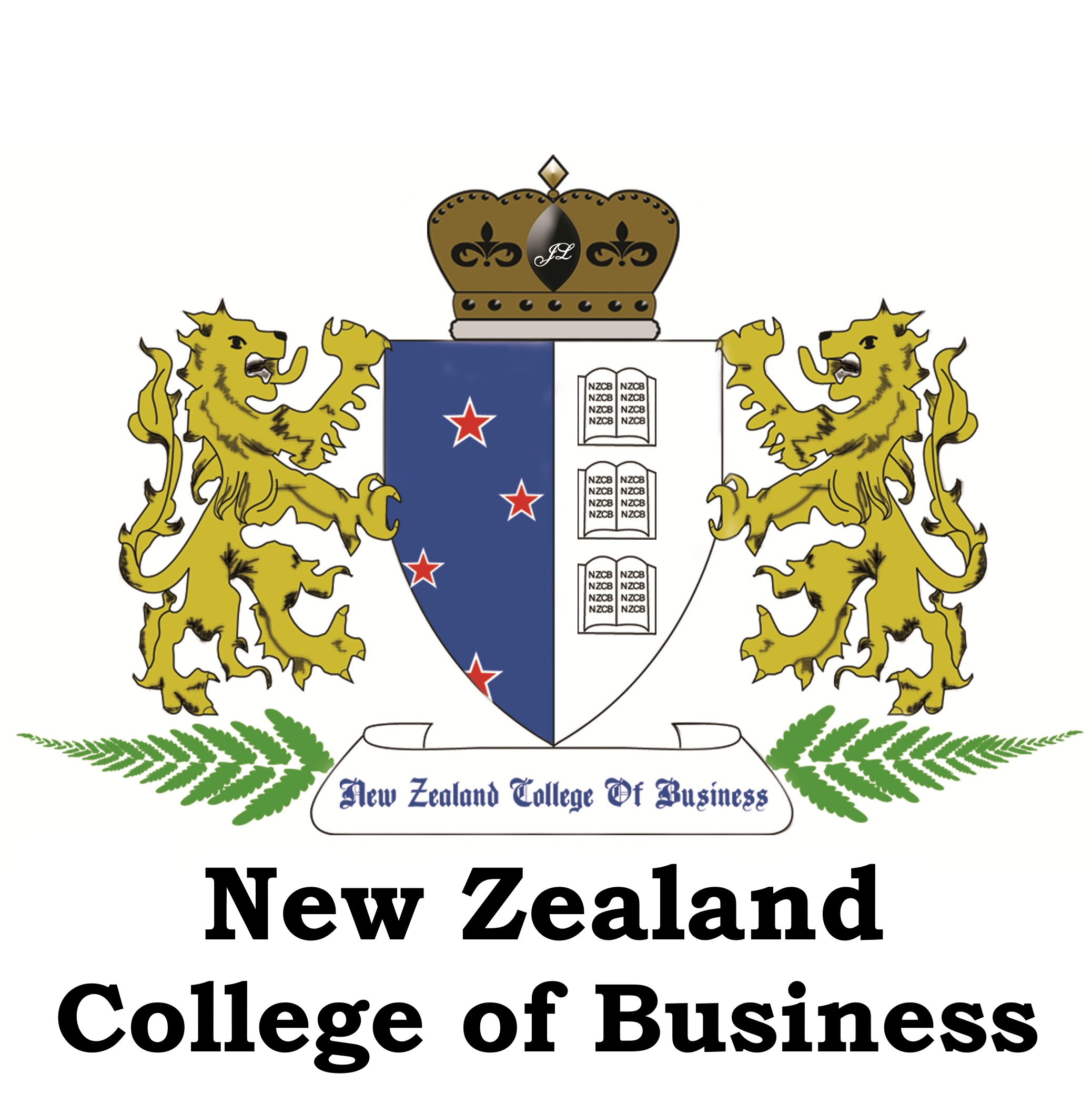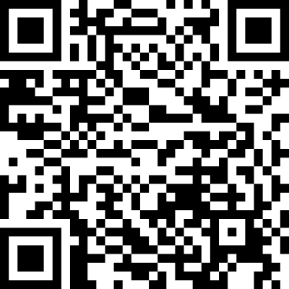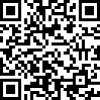Graduate Diploma In International Trade (Level 7)
The programme provides students with a deep understanding of the different approaches to operating and managing business that function across borders and in an international economics context. Students explore the influence and impact of international trade and financial markets on business operations, the importance of global marketing and e-commerce activities as a means to drive international trade and sales, the intricacies of managing multinational supply chains effectively, and the challenges of managing people from diverse backgrounds and cultures. A key aspect of student learning in the programme is centred on building a comprehensive understanding of the structure and process of strategic planning and decision-making aimed at creating and capturing competitive advantage in international markets and through international trade.
A key aim of the programme is to grow students’ ethical, bi-cultural and cross-cultural toolkit. This is inclusive of cultural awareness, cultural sensitivity, and how to navigate and develop tools in this space which is vital to an international business context. The programme helps students recognise the importance of Mäori as tangata whenua, Mäori cultural values and Te Tiriti o Waitangi and its impact and obligations on activities in Aotearoa/New Zealand.
Content:
The Graduate Diploma in International Trade is a 120-credit programme. All seven courses below are compulsory in this programme, they are:
1. GDIT 301 – Economics and Trade (15 credits)
2. GDIT 302 – International Business Management (15 credits)
3. GDIT 303 – Global Marketing (15 credits)
4. GDIT 304 – E-Commerce Strategy (15 credits)
5. GDIT 305 – International Financial Management (15 credits)
6. GDIT 306 – Supply Chain Management (15 credits)
7. GDIT 307 – Strategic Management for Competitive Advantage (30 credits)
Outcome:
Upon successful completion of this programme, students will be able to:
1. Apply economic theories to analyse international economics, including growth, trade, and exchange rates, within the context of government policies and global issues
2. Demonstrate a comprehensive understanding of business management, including internal and external environmental analysis, ethical and cultural considerations, management functions, and recognition of Mäori values, to generate optimal management practices for international businesses.
3. Analyse and evaluate markets and environmental factors to develop localized and global marketing strategies for an international business.
4. Analyse the trends and inhibitors of e-commerce through critically evaluating business practices, technologies, positioning, and marketing strategies to meet legal, ethical, social, and security requirements in an international trade context
5. Analyse and apply critical thinking skills to evaluate and solve problems related to
the impact of foreign exchange markets and the international monetary system on global financial operations in an international financial context.
6. Apply knowledge of supply chain management and strategy to create competitive advantages for a business in the globalization context.
7. Critically evaluate complex internal and external factors and apply relevant global strategic theories and conceptual frameworks to operate effectively and efficiently in an international business environment, to achieve competitive advantage in global business.
Entry requirement:
A candidate for admission to this programme of study shall have:
1. Successfully complete a Bachelor’s degree in any field other than the specific graduate diploma field, or
2. Successfully completed a Level 6 or 7 Diploma and relevant work and/or life experience (equivalent to a Bachelor’s degree) and an interview to assess the student’s suitability for the programme, on individual basis, or
3. For domestic students, evidence of equivalent practical, professional, or educational experience, e.g., three years full time work experience (relevant to the selected field of study), and an interview as well as a literacy and numeracy test to assess the candidate’s suitability for the programme, and
4. Candidates with English as a second language are required to have an IELTS Academic score of 6.0 with no individual band score lower than 5.5 from a single report, or equivalent, as listed in the NZQA Programme Approval, Recognition, and Accreditation Rules 2022 Appendix
(https://www2.nzqa.govt.nz/about-us/rules-fees-policies/nzqa-rules/approval-recognition-and-accreditation/#e10518_heading1)
5. Applicants who meet the requirements for admission are accepted into the programme in the order of their applications being received.
Additional requirement:
In order to fully participate in the online components of NZCB’s Graduate Diploma in International Trade programme, students are required to have access to the following:
1. Hardware: A reliable computer (desktop or laptop), tablet, or smartphone with the ability to stream video and audio content.
2. Software:
* An up-to-date operating system (Windows, macOS, or equivalent)
* A recent version of a web browser (such as Chrome, Firefox, Safari, or Edge)
* Microsoft Office Suite or equivalent software for document creation and editing
(Word processing, spreadsheets, and presentation software)
3. Internet Access: A reliable, high-speed internet connection capable of streaming video and participating in live webinars.
4. Digital Literacy Skills:
* Basic proficiency in using the internet for research and communication
* Familiarity with email communication, including attaching and downloading files
* Basic understanding of how to use word processing, spreadsheet, and presentation software
* Ability to participate in online discussions and webinars
Assessment Method:
The blended provision includes a wide range of assessment methods that enable learners to demonstrate their knowledge and skills in various ways. These methods are diverse, and they can be tailored to suit the subject matter, the learning outcomes, and the learners’ needs. Some of the assessment methods that may be used in blended provision include quizzes, which test learners’ understanding of the material on a weekly basis and help identify areas that need further attention. Essays and reports are also commonly used to assess learners’ ability to analyze and synthesize information and to communicate their ideas effectively in writing.
Case study analysis provides learners with an opportunity to apply theoretical concepts to real-world scenarios, demonstrating their ability to apply their knowledge in practice. Individual and group assignments promote collaboration and critical thinking, allowing learners to work together to solve complex problems. Individual and group oral presentations encourage learners to develop their communication and presentation skills, while tests and/or examinations provide a more comprehensive evaluation of learners’ understanding of the subject matter.
Programme length:
Total (weeks): 40 Including holiday weeks
Training/Teaching (weeks): 32 Excluding holiday weeks
Total learning hours (per week): 37.50
* Market Rate Salary NZ (2022/2023):
| Project Manager | $90k–140k |
| Marketing Coordinator | $45k–65k |
| Marketing Executive | $51k–99k |
| General/Operations Manager | $51k–116k |
| Course Start Dates |
| 9 March 2026 18 May 2026 27 July 2026 5 October 2026 14 December 2026 |
| 2026 Public Holidays. |
| New Year’s Day – Thursday, 1 January Day after New Year’s Day – Friday, 2 January Waitangi Day – Friday, 6 February Good Friday – Friday, 3 April Easter Monday – Monday, 6 April Anzac Day – Saturday, 25 April (observed on Monday, 27 April) King’s Birthday – Monday, 1 June Matariki – Friday, 10 July Labour Day – Monday, 26 October Canterbury Anniversary Day – Friday, 13 November Christmas Day – Friday, 25 December Boxing Day – Saturday, 26 December (observed on Monday, 28 December) |
| Please note: |
| NZCB Holiday Notice New Zealand College of Business will be closed for the holiday break from 20 December 2025 to 11 January 2026. All classes will proceed subject to minimum enrolment numbers, and course dates may be adjusted if necessary. For the latest updates or confirmation of class schedules, please contact office@nzcb.ac.nz |



